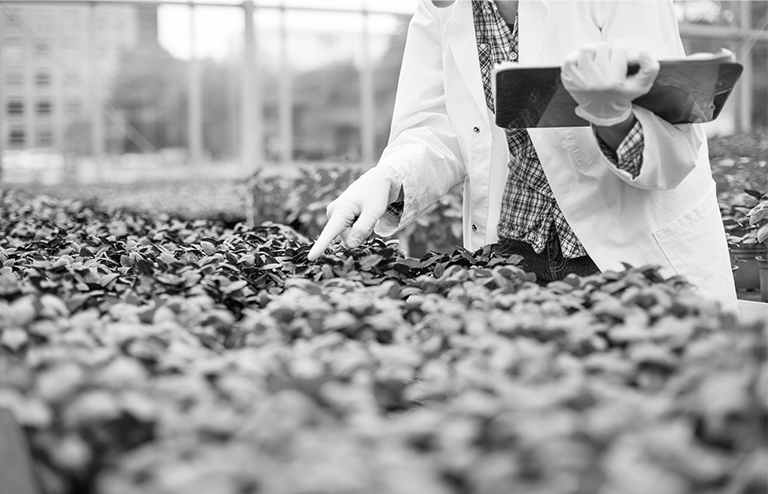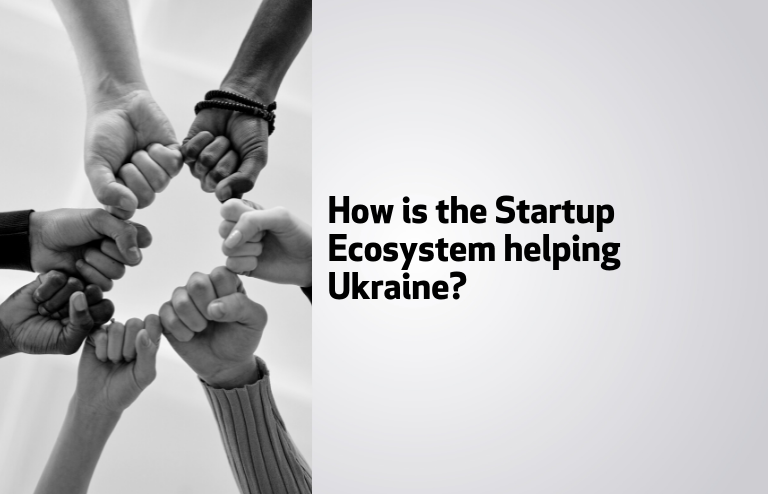The world’s agri-food industry is systematically evolving and becoming increasingly open to modern technologies. The challenges faced by companies in the sector go far beyond what has been set out so far and include meeting social objectives, reducing negative environmental impacts, attracting skilled workers and meeting the diverging expectations of producers and buyers and processors. As Bartosz Podhorodecki, investment manager of AgriTech Hub fund, emphasizes, it requires creating a long-term development strategy and its constant adaptation to the changing needs of the market. It is not enough to follow the beaten track. This in turn creates enormous potential for the implementation of various solutions created by innovative technological start-ups.
A more demanding agri-food sector than you might think!
The agri-food sector, like other sectors of the economy, is facing growing and increasingly difficult challenges. Highly developed societies increasingly expect businesses, both public and private, to serve social purposes. In order to thrive in the long term, companies will not only have to look after the short-term interests of their shareholders, but also have a positive impact, e.g. by reducing their environmental footprint, on other stakeholders, including employees, customers and the community in which they operate. More and more often, in the agri-food sector we observe phenomena referring to the concept of impact investing, manifesting itself, among others, in investing and offering access to capital to enterprises that indirectly have a positive impact on the development of society. It is worth mentioning that there are already funds in our country which will provide support only to such companies.
Further difficulties are related to market outlets, exports and regulation. Extreme divergences are becoming more and more common, for example in the context of manufacturer expectations and offers from buyers and processors in the agri-food sector. It is not production that is the problem today, but finding markets with as few intermediaries as possible. Without seeking niches for their products, it will be difficult for many manufacturers to generate a satisfactory income. Taking into account the situation, it is also important to look for own sales channels, including abroad. Of course, in order to be able to meet these challenges, we need the right staff, which is a problem for almost all the companies we met last year. The shortage of skilled workers in manufacturing and processing is growing and will continue to grow, and it is important to prepare for this, as young people are increasingly choosing different career paths.
These are just some of the challenges facing the agri-food industry. Of course, there are many more, including those directly related to reducing costs or increasing production efficiency. A growing part of the sector’s problems is of interest to young, innovative technology companies, and the solutions they offer are the answer to many important challenges and contribute to the dynamic development of the industry.
Technological trends in the global agri-food sector
Currently, we can observe several leading trends in the world, to which entrepreneurs from Poland, including startups, are also trying to react. Telemonitoring, in particular, is becoming increasingly popular. In Poland, for example, systems are being developed for remote monitoring of dairy herds and for remote monitoring of the health of herds of pigs. In the greenhouse production sector, Polish solutions are emerging that automate lighting management based on proprietary lighting systems and lamps. Such an enterprise is e.g. Plantalux, which participated in the 4th edition of the MIT Enterprise Forum Poland acceleration programme.
Another visible trend, which can also be observed in Poland, is the so-called indoor cultivation, i.e. cultivation of micro herbs, salads and other plants in containers, greenhouses or other closed facilities, such as old warehouses. A trend that is increasingly becoming global is also to provide consumers with new sources of protein that can be used as an alternative to meat. There are currently three significant trends in this category:
- In-vitro meat, a technology that aims to provide meat without animal husbandry, where animal cells are multiplied in the laboratory;
- Plant products which are intended to imitate meat products;
- Technologies that make it possible to obtain the necessary protein from new sources, in order to supplement the daily diet of a human being.
Where are innovations developing and what are the prospects for the future?
Modern technologies for agriculture and the food industry are being developed and sought after all over the world. It is difficult to unequivocally state which of them are most interested in implementing innovative solutions. Certainly, those are always the markets that have the greatest needs or those that may lose the most from underestimating new technology. On the other hand, those are large markets where the optimization of technological processes, although to a small extent, is translated into measurable financial benefits. On yet another hand, we can speak here of regions of the world which, due to their population size and climate, have to fear potential social tensions over access to or increase in the price of food, as well as markets such as the Persian Gulf, which would like to become self-sufficient in terms of food production.
The global agri-food market will undergo a major transformation in the coming years. I believe that autonomous vehicles and robotization will become an everyday reality in a dozen or so years’ time, and we are already witnessing the first examples of this. Technologies from the area of autonomous equipment, which will monitor fields, dose necessary substances or weed, will gain the most importance. Indoor cultivation will become more common, although not necessarily in Poland, and in the perspective of these several years, this change will be most visible in countries such as Japan, South Korea or the United Arab Emirates. In a few years’ time we will be dealing with truly self-service shops, without cashiers or queues. That is why, as I wrote at the beginning, the agri-food sector today offers a great opportunity for technological startups and I believe that more and more interesting, valuable and innovative technologies for the industry will be created also in Poland.





